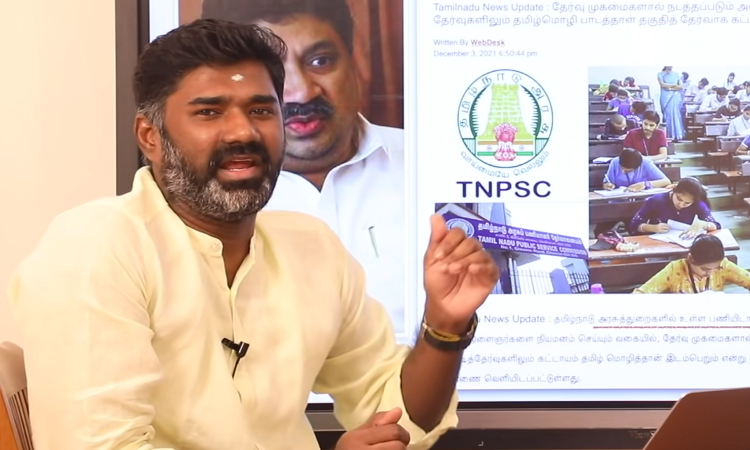When Political Party Is Defamed, Members Not At Helm Of Affairs Can't File Complaint : Madras HC Quashes Complaint Against Maridhas Over Remarks Against DMK
Sebin James
10 Feb 2022 6:19 PM IST

The Party has not authorised the filing of the complaint. If the partymen or the members of DMK had been defamed, then as a member of a definite class of people, the respondent could have maintained the complaint, the court observed.
Next Story


